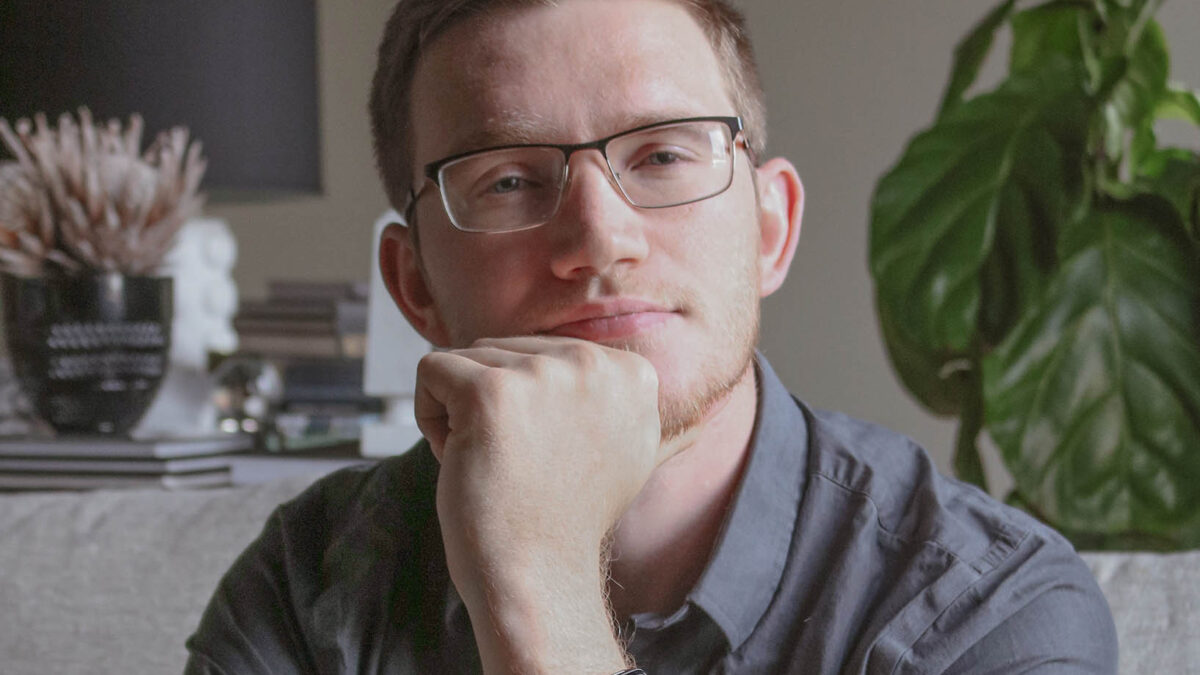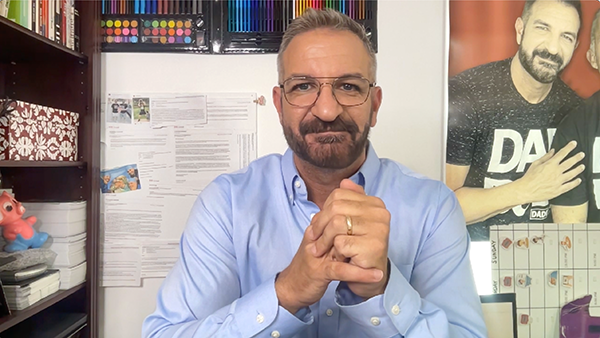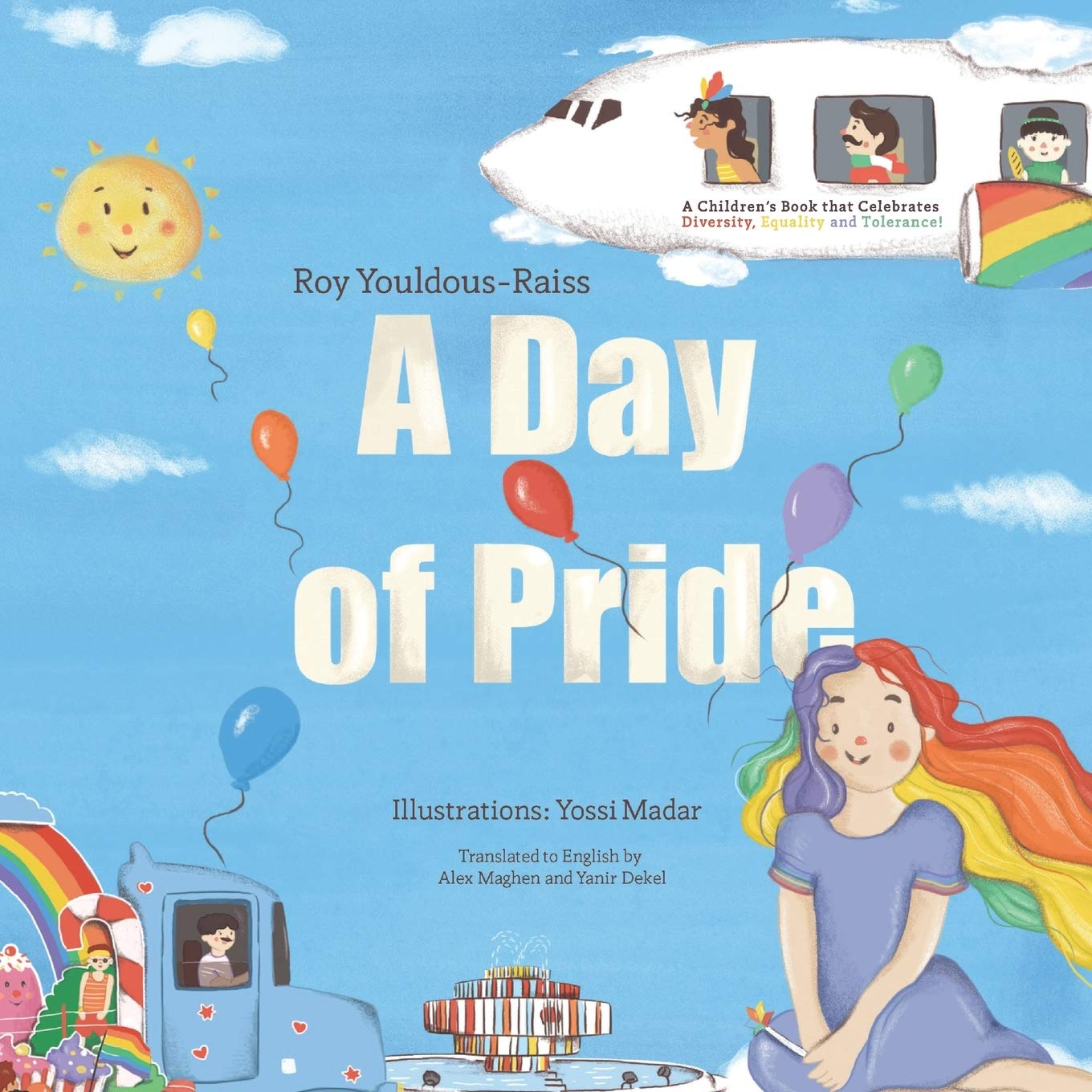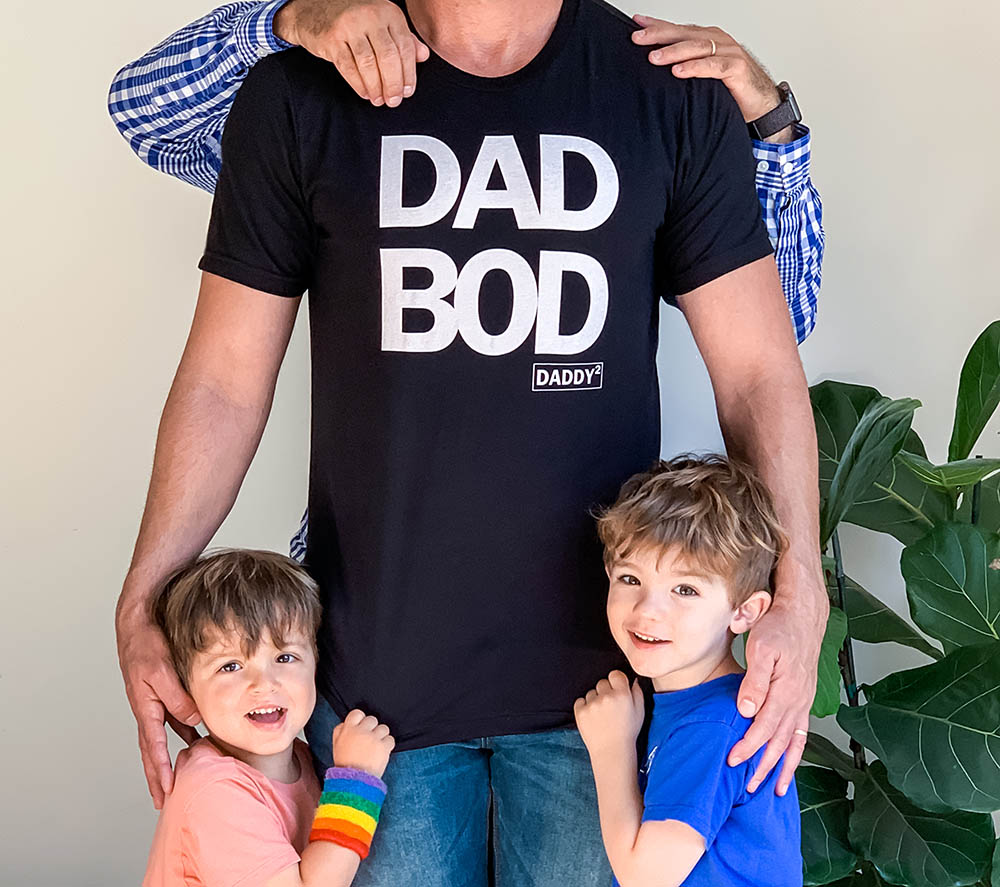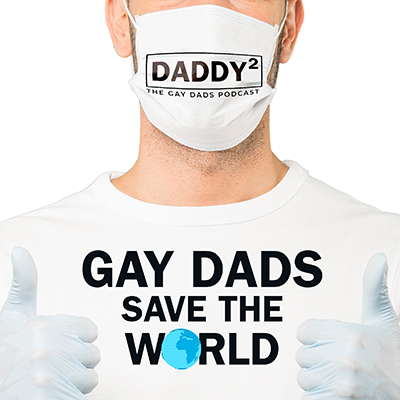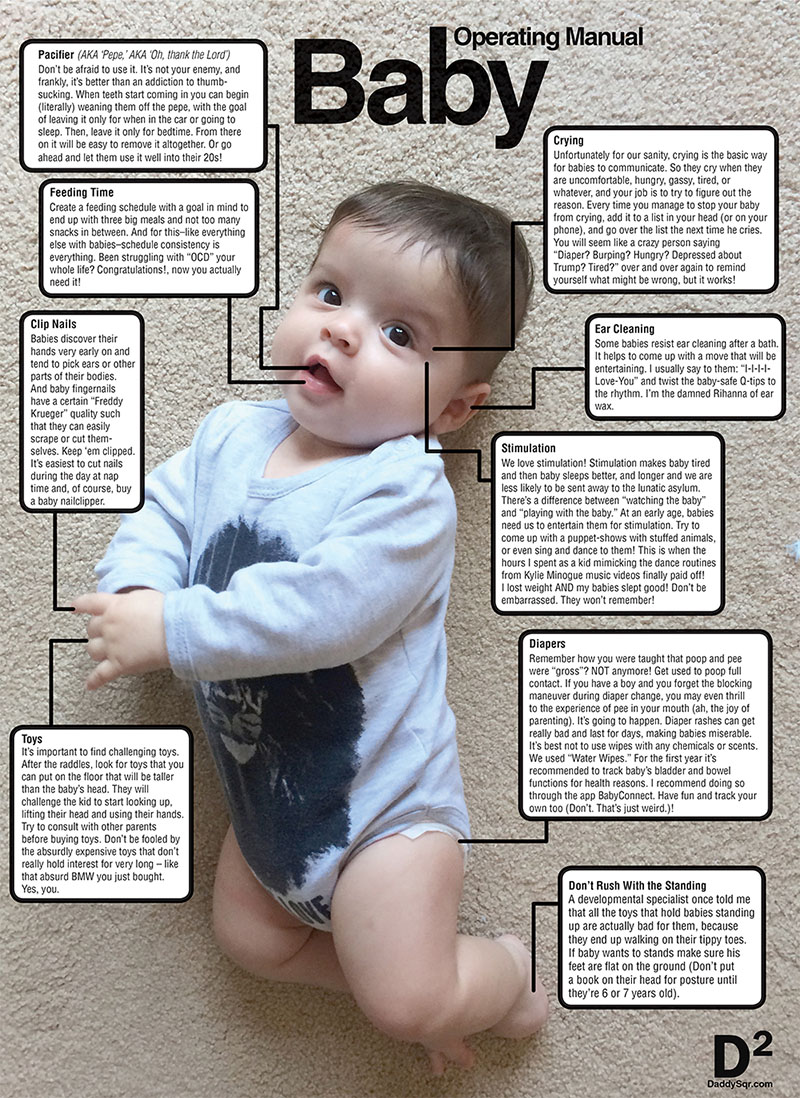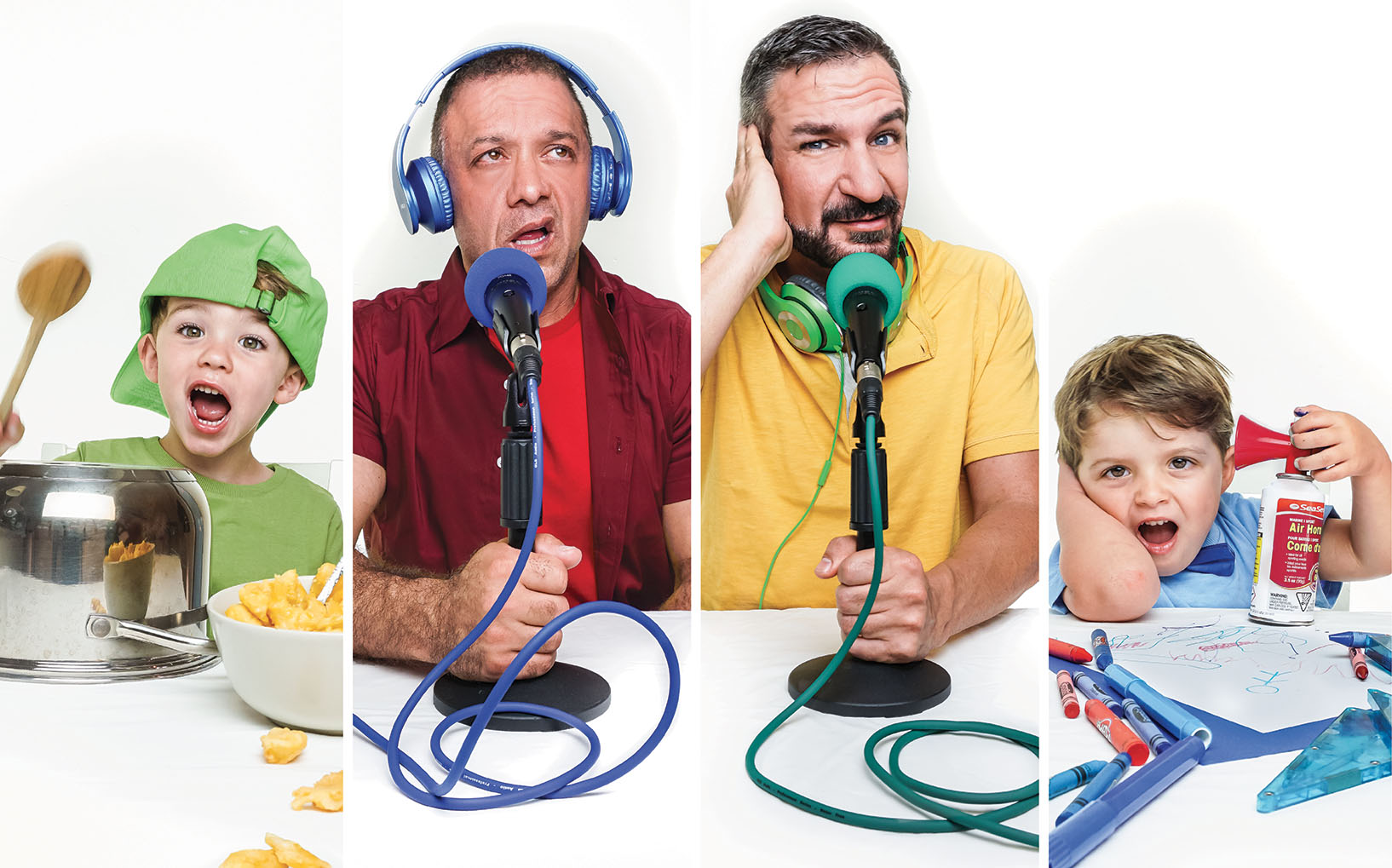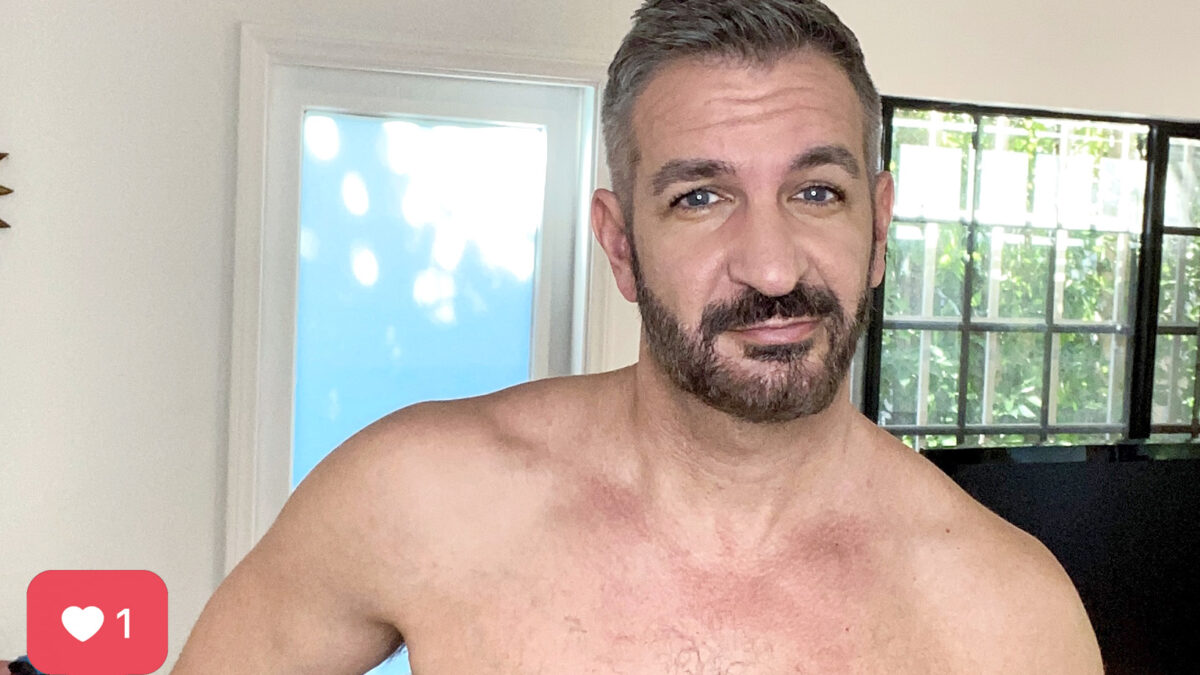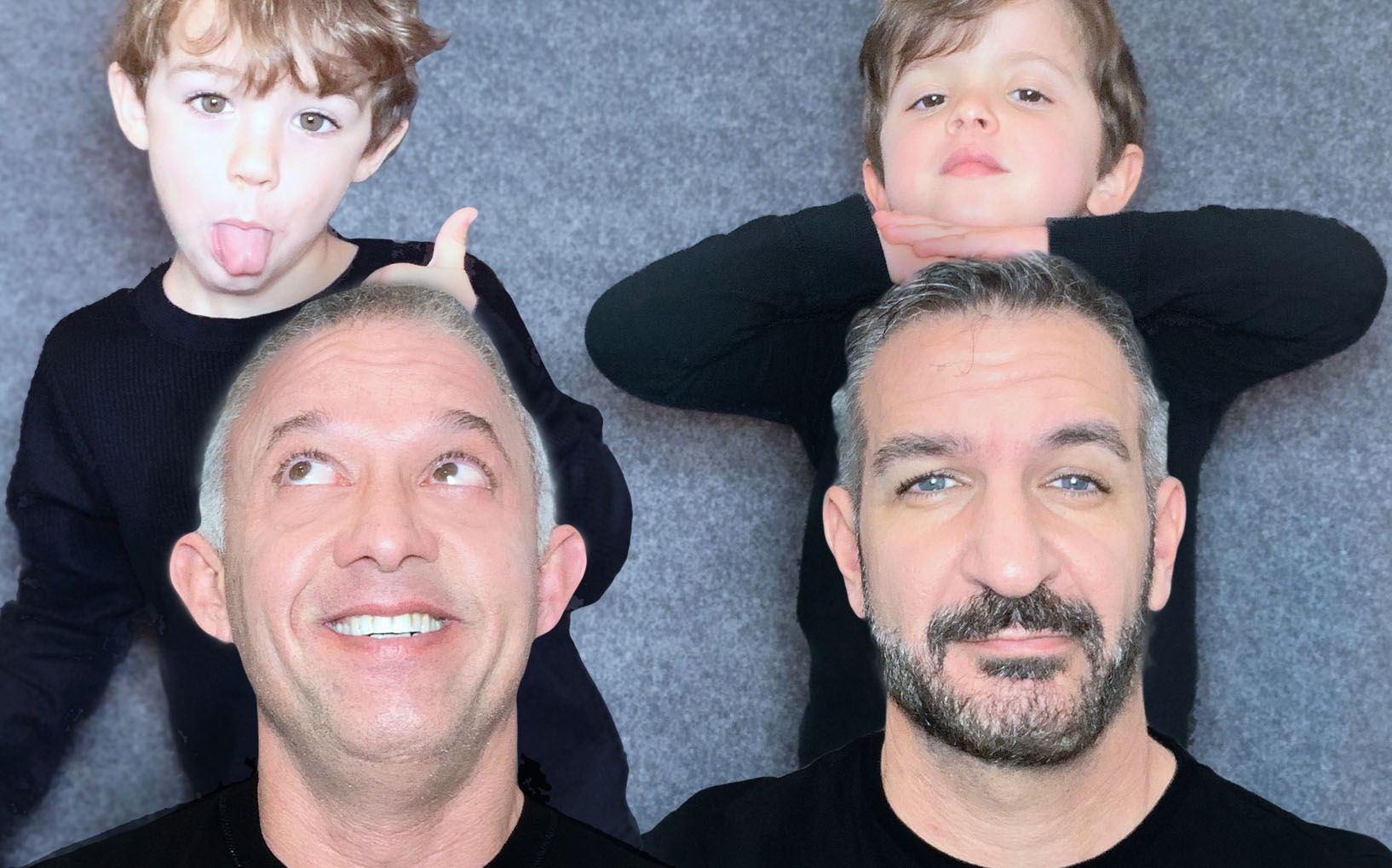VIDEO INTERVIEW: Therapist Tyler Tooley Utilizes Roblox, Mindcraft to Help Children Through Anxieties
Following The Roblox Episode of Daddy Squared Podcast we found child therapist Tyler Z. Tooley, who uses popular games as a tool to help children through their anxieties. We got Tyler for a quick video chat to tell us about this technique and maybe to understand a little bit better how these games play a part in our own children’s development.
We parents tend to shame and belittle the value of computer games in our kids lives – but we can’t ignore the good: Tyler Tooley, MS, LPC, C-APT, specializes in working with kids who are neurodivergent (ADHD, OCD) and often uses technology, video games and VR as a tool to build a relationship and trust with kids.
“Neurologically, it stimulates the vagus nerve, which is responsible for the parasympathetic nervous system,” he explains, “so, it helps regulate emotions – and is entertaining to watch, frankly.”
In a video interview, following Daddy Squared’s Roblox Episode, Tooley, a gay man who hopes to become a dad himself, spoke to us about how valuable games like Roblox are in his treatment, and how he manages to help kids with social anxiety and various fears through this virtual space.
“Social skills are an important topic I’ve been working on,” Tyler tells us in the chat from his office in Saint Louis, Missouri. “Sometimes I’ll open up Roblox, Brookehaven is a favorite of most of the kids, and kind of role-play essentially, and pretend, like ‘what is the norm for this, if someone approaches me like this, how should I respond?’ which I think sometimes can be a good applications for social skills building too”
“Sometimes it’s like, if you’re afraid of spiders, let’s encounter a spider in the virtual world. It’s not going to hurt you, it’s digital, it’s staying in the computer, we can attack it, you know, we can even set up some sheets that it can’t attack you. So it’s really get the kid comfortable with whatever that fear might be.”
For Tyler, bringing video gaming into therapy started with an attempt to reach out to patients of his who didn’t feel comfortable in the session and were clearly struggling with social anxiety and separation anxiety.
“I remember I had a kid who really loved Minecraft and asked if he could bring his tablet into the session,” Tyler recalls, “and I said ‘yeah, sure, I play Minecraft too!’ and that really sparked the ability to be open and get to know each other better and start talking more openly about stuff after that.”
“There are games and applications that are ‘theraputic’ but that’s not what I use,” he emphasizes. “I use the games that kids are already playing and are already exposed to. It’s really about meeting the kids where they are. It’s about establishing the connection, making them feel like they’re heard and understood”
One takeaway that we’ve had from the interview with Tyler is to recommend that parents sit down with their kids and have their kid teach them the games. There’s something about the parent becoming the student that is really a good experience in building confidence for the kids – and also, as you saw in our little YouTube video, helps kids experience what it is like to be on the ‘grown up’ side.
“I think that the kid, just having that control, and being able to be the authority – sort of being the teacher – is great for building relationships,” Tooley says, “especially for kids who are in the foster care system or are adopted, I think it can be great for them; just let them have that control for a minute and have that direction.”
RELATED: Daddy Squared Season 5 Episode 2 – Parents Guide to Roblox

